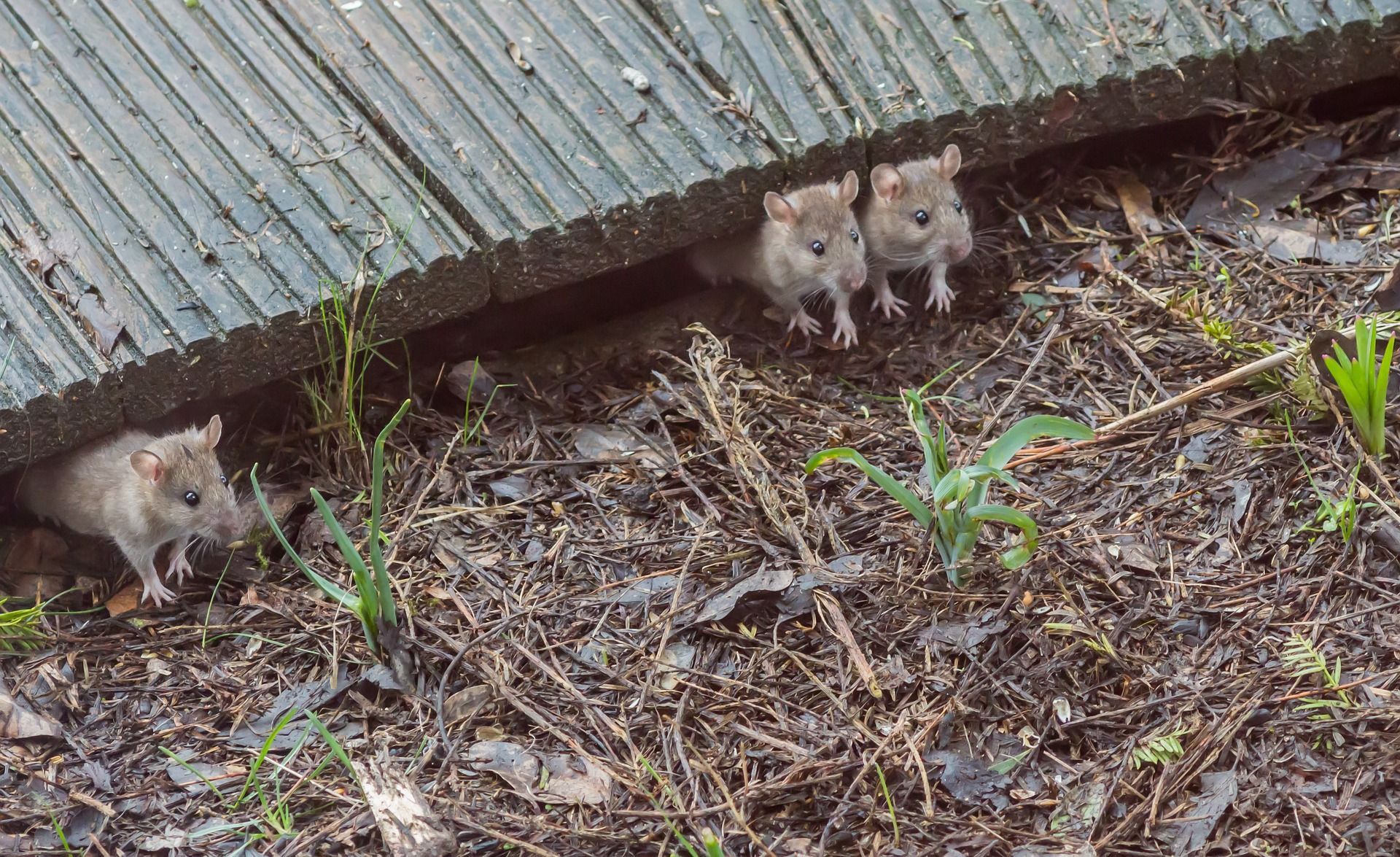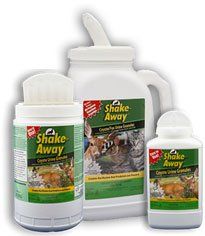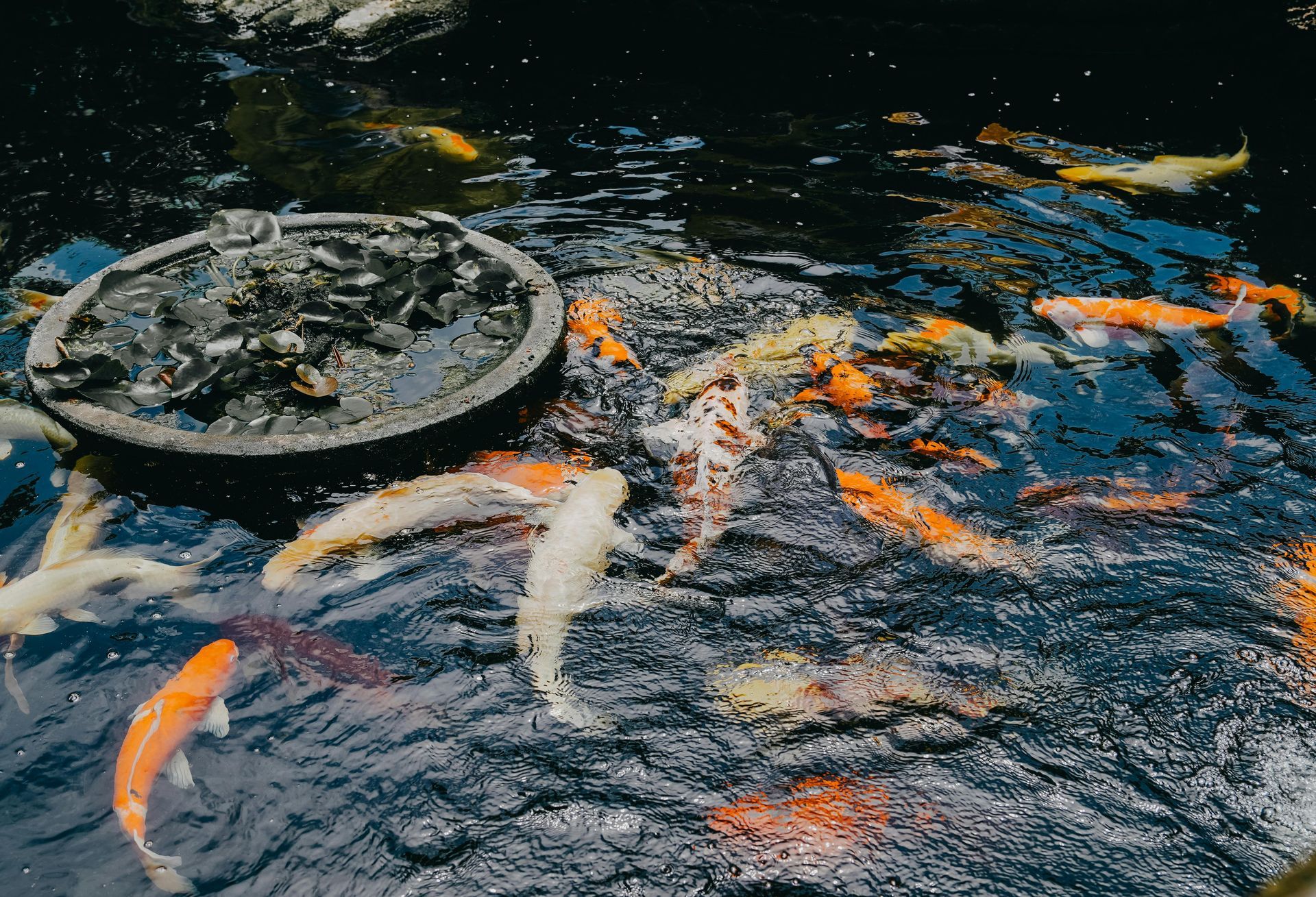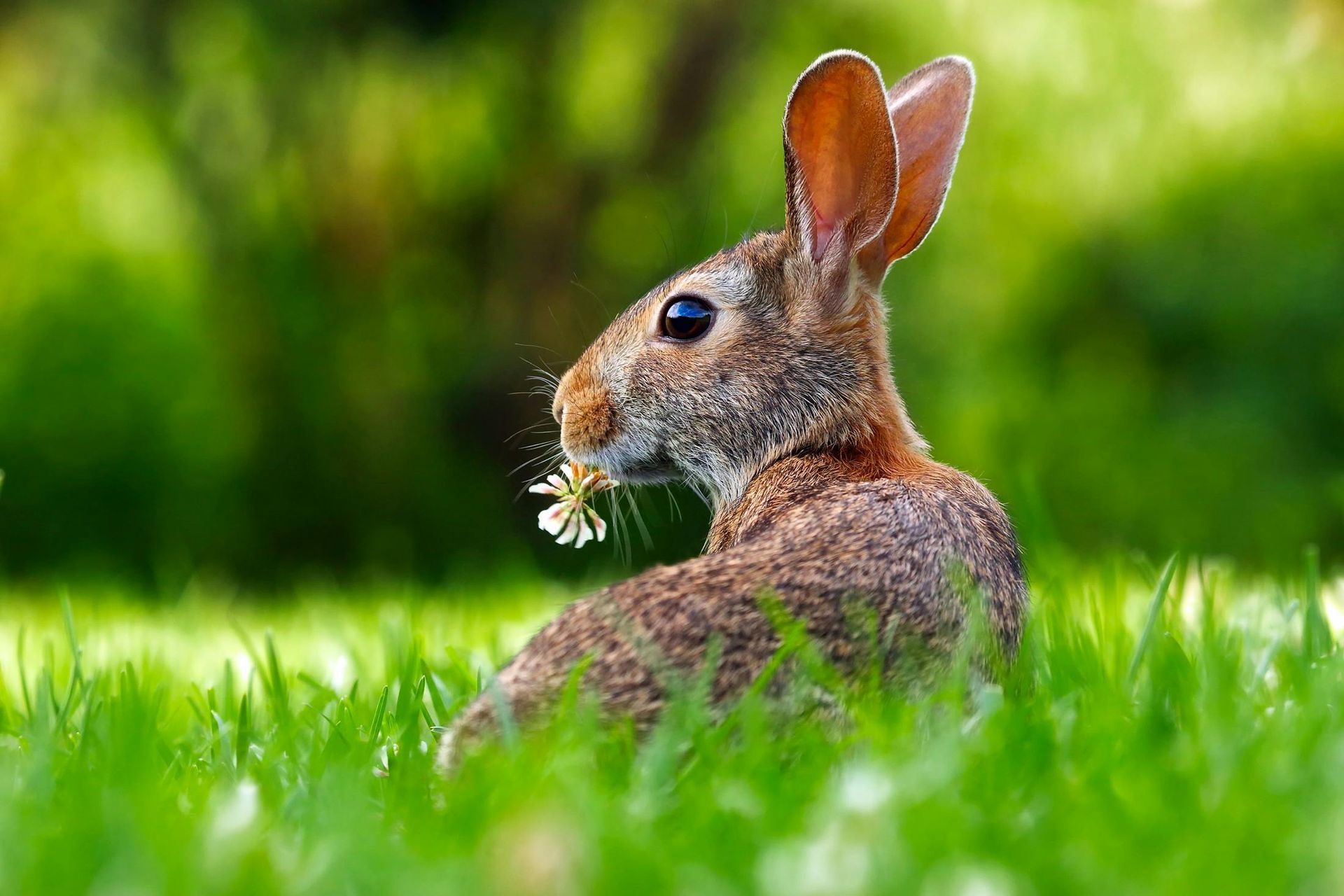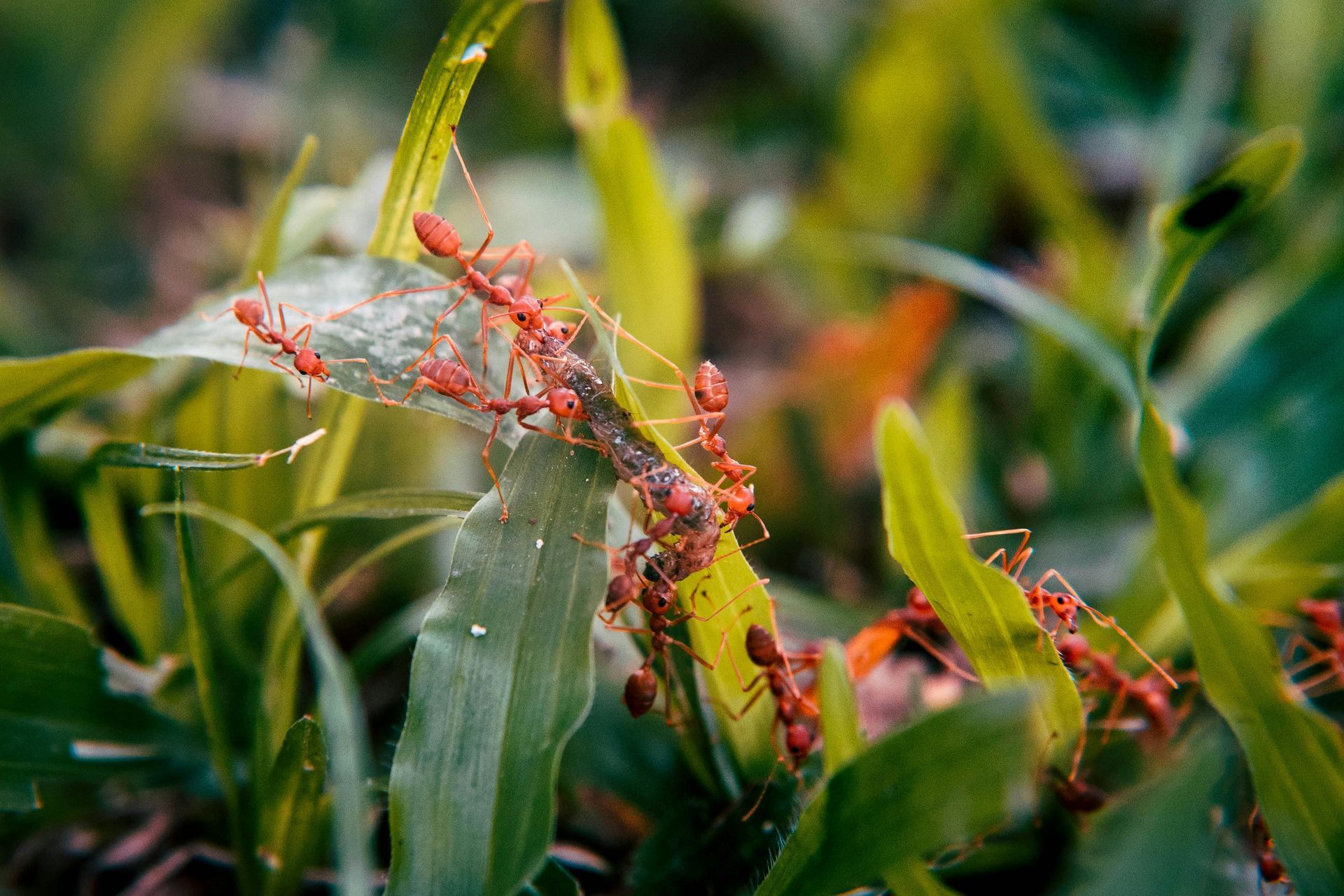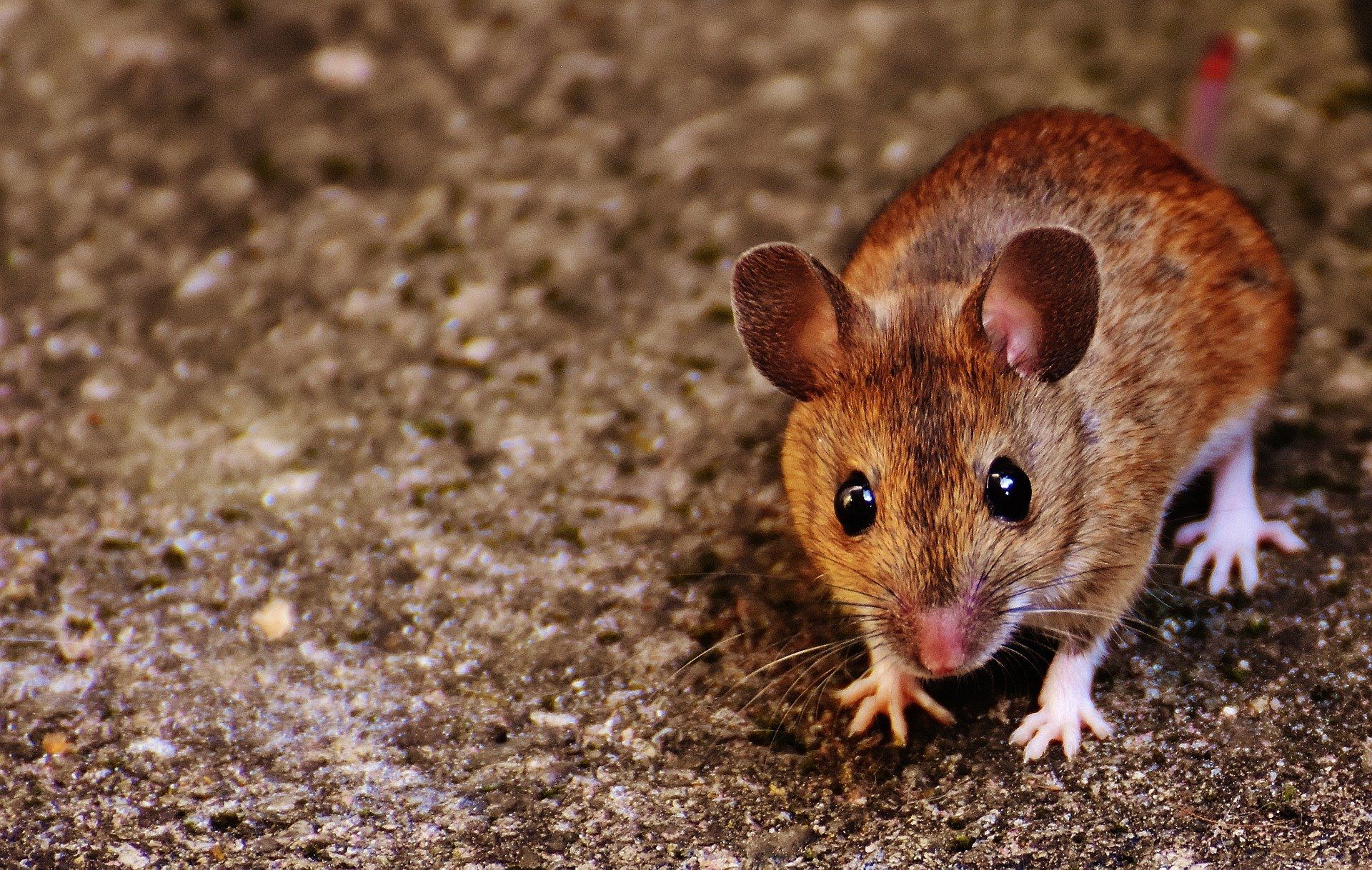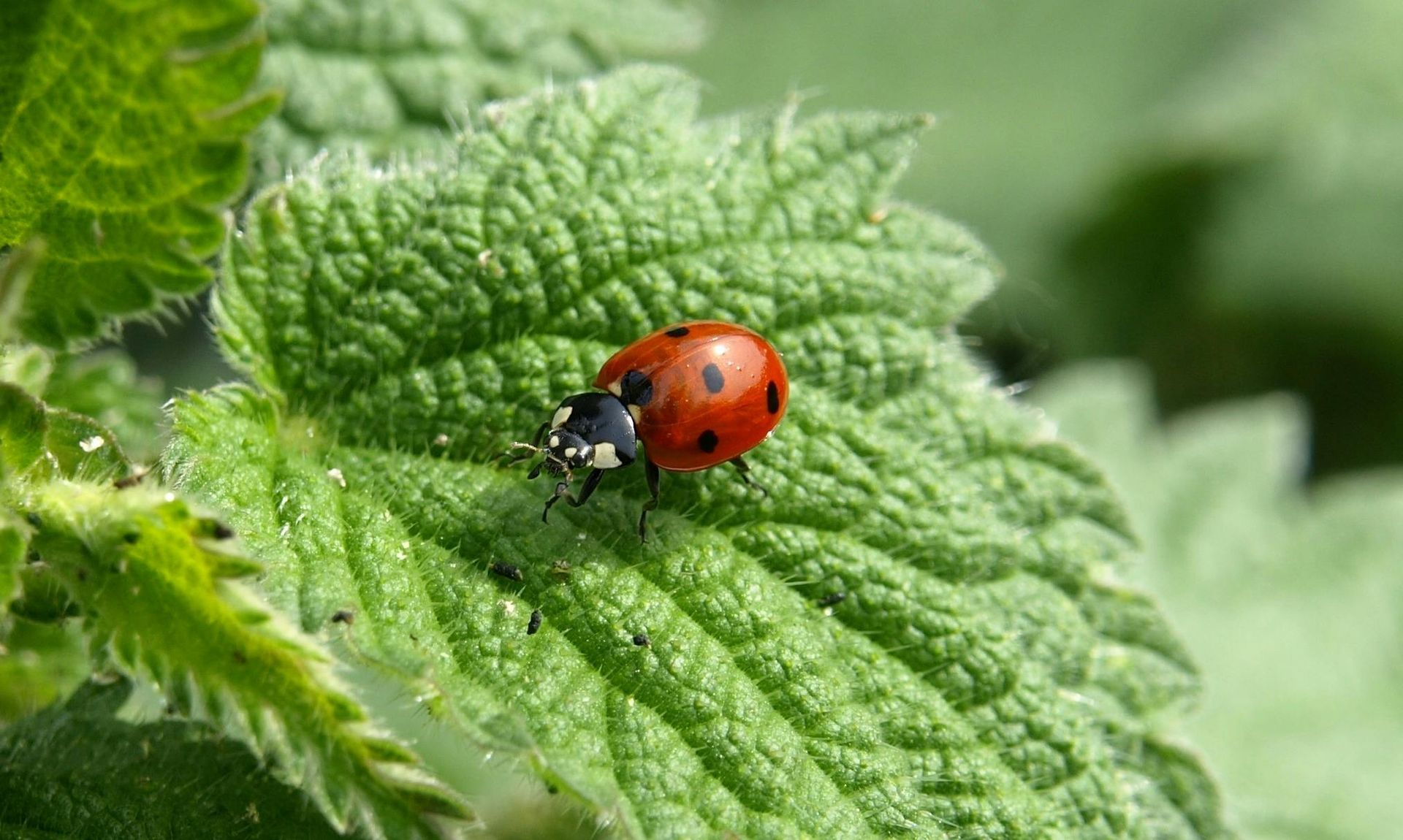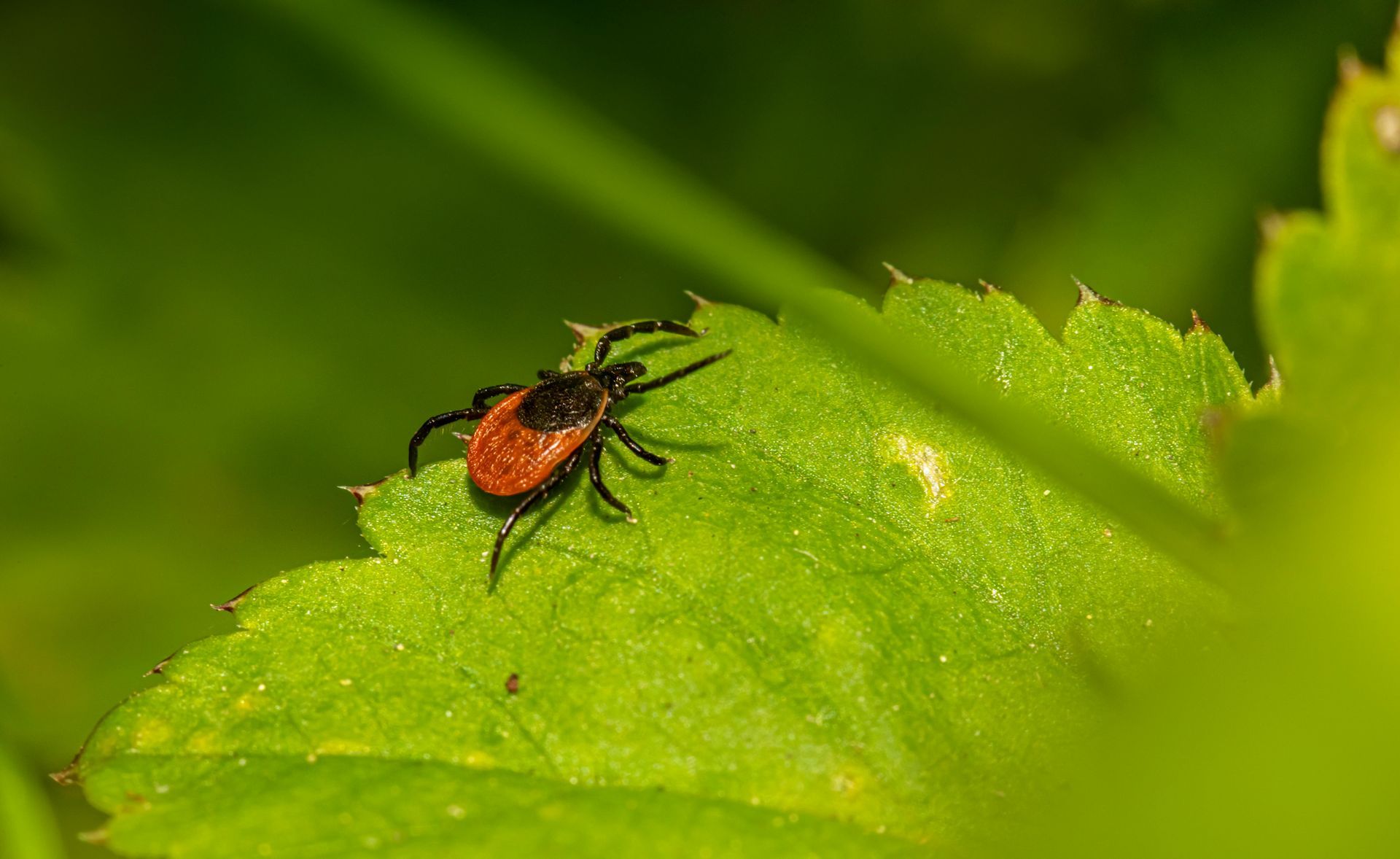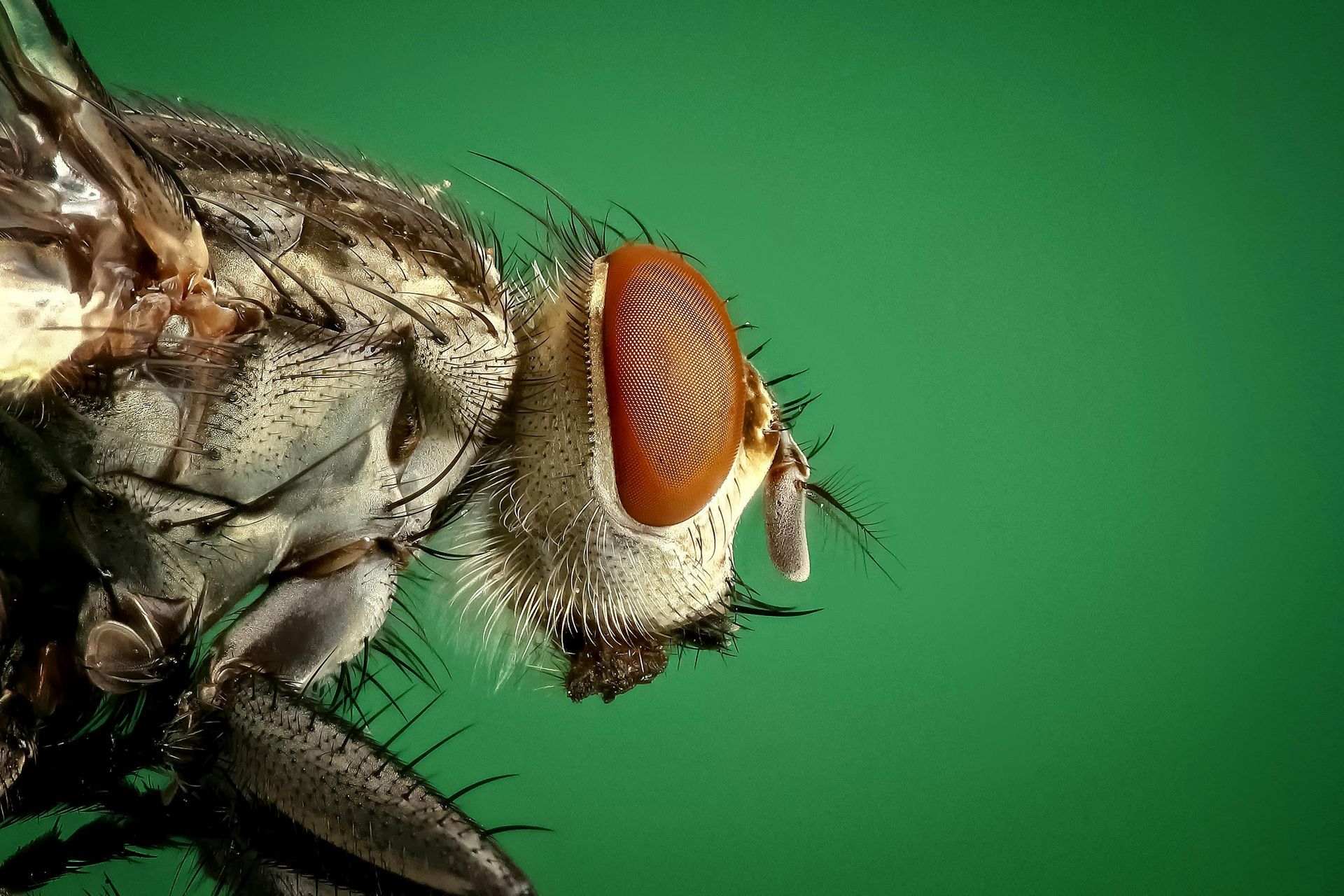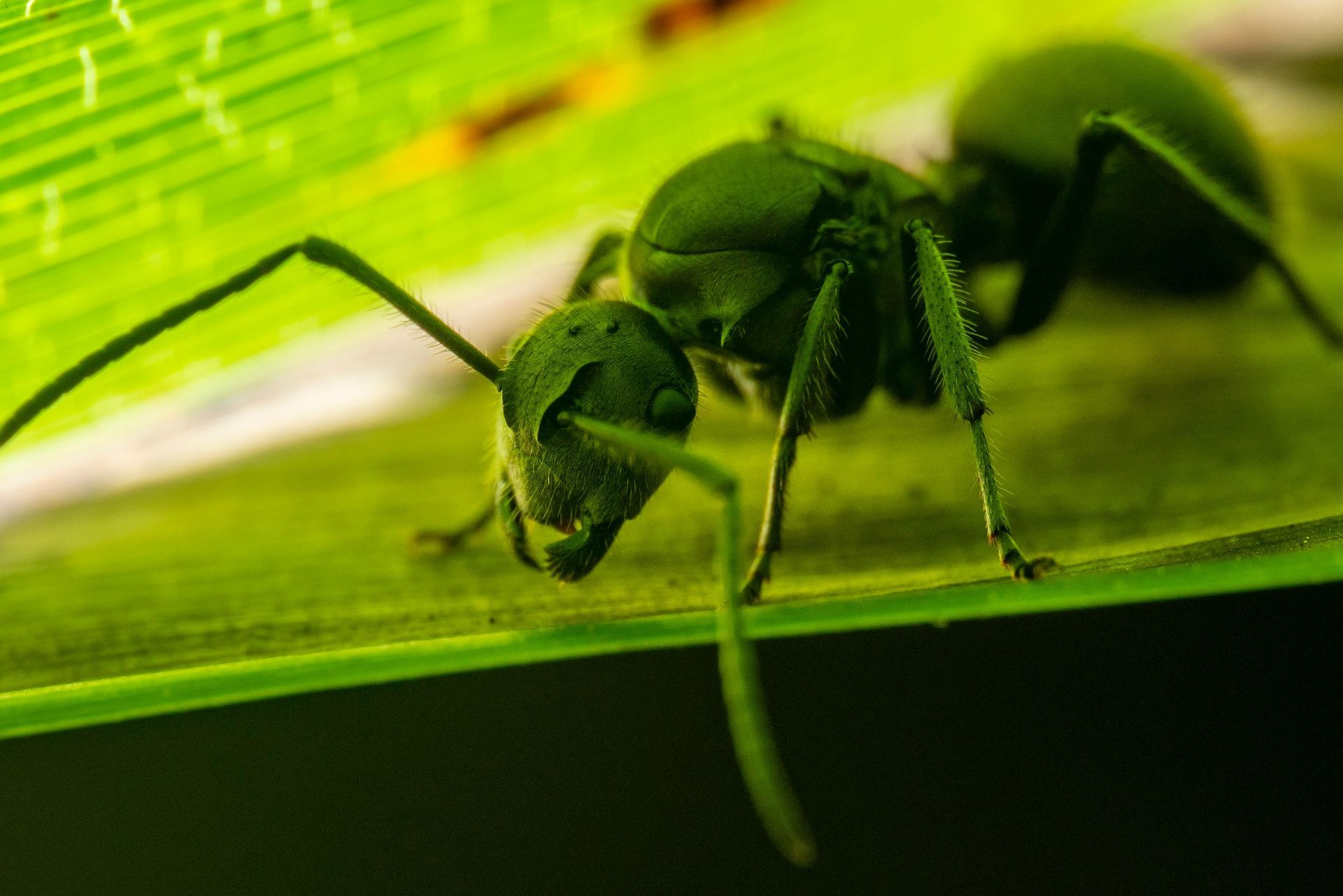What's New in Garden Gadgets?
From Apps to Robots, Gardening is Going High Tech!
Best new garden gadgets
Even the quiet and “old-fashioned” world of gardening can be prone to new ideas and trendy gadgets. Some may not be all that helpful but there are a few that can help with your chores or just make your time outside more pleasant. Here are some of the best new tools and gadgets you might want to consider for this season.
Solar Shed Lights
Little mood or path-marking lights are common enough and do make a nice to touch to your garden areas. But for something more practical and helpful, you can install larger lights for outbuildings or deck areas that don't need much wiring because they are solar. They work just like regular lights, controlled by on/off switches or pull chains so you can use them just when you need to.
Outdoor Speakers
A little music can help make even the toughest chore pass a little easier. You don't need a full outdoor sound system anymore either. A simple pair of Bluetooth speakers (designed for outside use) can be used with a tablet or smartphone to turn your mobile playlist into an outdoor symphony. Once you connect your device to the speakers, you can play any music you want, and you don't have to walk all the way back to the house to change the tunes.
Apps aren't really gadgets, but don't let that stop you from using some additional technology to help out in the garden. The most common are variations of identification apps that can analyze photos that you take to help you diagnose problems with your plants, or identify odd things (weeds, bugs, disease symptoms) that crop up around the yard. Planting calendars or calculators, garden bed design aids and weather records are all things you can carry around with you on your phone.
For something more impressive, you can include an app that monitor soil moisture and rainfall, controlling the sprinklers to water your plants only when they need it.
High-Tech Lawn Mowers
Even with a riding lawn mower, keeping the grass trimmed neatly can be a tedious and time-consuming project. With the right gadget, you can change that. A remote-controlled lawn mower can do the job for you, while you man the controls sitting on the porch with a cold drink. You might even be able to get your kids to do it instead if it looks like fun.
Still too much work for you? You can go one step further and invest in a completely autonomous lawn mower that works automatically without anyone at the controls. Add boundary markers so it doesn't drive away, and it will keep the lawn tidy while you spend more time in the vegetable patch.
Hydroponics
Traditional hydroponic systems are pretty complicated and not the area that regular gardeners get involved in. Using water and liquid nutrients instead of soil, you can take more control over your indoor plants and perhaps increase your potential harvest. Now, you can get a simpler kit (such as the AeroGarden) that lets you dabble with these techniques without having to become a hydraulics engineer. It can be a great option for anyone without outdoor gardening space, especially if you want to try your hand at growing culinary herbs for the kitchen.
Even the latest gadgets can't replace the tried-and-true tools of gardening, like sturdy shovels, trowels, rakes, a hoe and a solid bucket. No matter what gadgets you try, there will always be a little elbow grease and hard work involved in having a truly successful garden.
Critter Repellent All Natural Animal Repellent Blog
